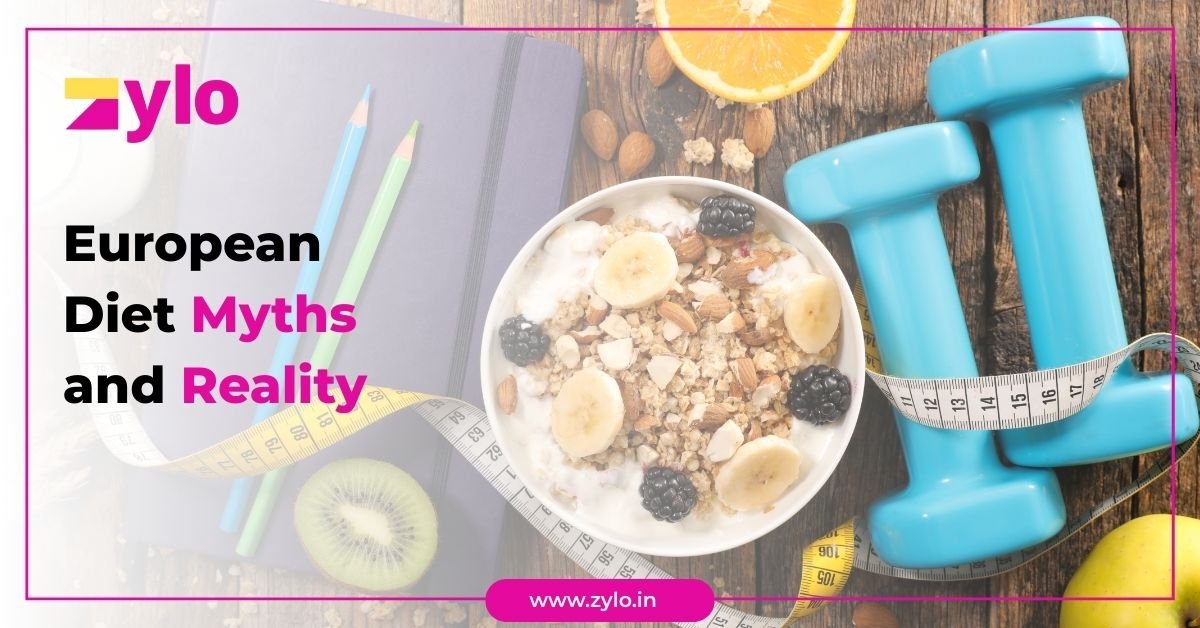When it comes to fat loss, most women immediately think of diets, workouts, or calorie counting. But there’s one often-overlooked factor that could be sabotaging your progress: sleep. Yes, those precious 7–8 hours of rest each night may be just as important as what you eat or how often you exercise.
In this guide, we’ll explore the powerful connection between sleep and fat loss, how lack of sleep affects your hormones, cravings, and metabolism, and how meal plans for women’s fat loss can work even better when combined with quality sleep.
Why Sleep Is the Secret Ingredient in Fat Loss
Sleep isn’t just downtime for your body. It’s an active, restorative state where key fat-burning and muscle-repairing processes happen.
Here’s how getting 8 hours of sleep per night impacts weight loss:
1. Regulates Hunger Hormones
When you’re sleep-deprived, your body produces more ghrelin (the hunger hormone) and less leptin (the fullness hormone). This imbalance leads to increased cravings, overeating, and poor food choices.
2. Boosts Metabolism
Sleep affects your basal metabolic rate (BMR) — the number of calories your body burns at rest. Poor sleep slows down your metabolism, making it harder to burn fat.

Get Fit, Have Fun and Lose Weight at Home
- Certified Female Trainers
- No gym, no equipment needed
- Flexible timings
3. Improves Willpower and Focus
Lack of sleep weakens your decision-making, making you more likely to skip workouts or binge on junk food.
4. Supports Hormonal Balance
Women’s hormones, especially estrogen and progesterone, are sensitive to stress and sleep. Disrupted sleep increases cortisol, which can lead to belly fat and water retention.
Sleep and Meal Plans: The Missing Link
Even the best meal plans for women’s fat loss can fall flat if your sleep is consistently poor. Here’s how they interact:
Signs Your Sleep Is Sabotaging Your Fat Loss
- You wake up tired even after 7+ hours.
- You feel hungry at night or binge late.
- Your weight loss has plateaued despite eating well.
- You crave sugar or caffeine daily.
- You struggle with mood swings or low energy.
If any of these sound familiar, it’s time to make sleep a priority in your wellness routine.
A Sample Day: Combining Sleep and Fat Loss Meals
Here’s an example of a day that supports both sleep and fat loss using clean, balanced foods and sleep-supporting nutrients:
Breakfast (8:00 AM)
- Oats with almond milk, chia seeds, and sliced banana
- Green tea (limit caffeine before noon)
Mid-Morning Snack
- 1 boiled egg + handful of walnuts.
Lunch (1:00 PM)
- Brown rice + moong dal + sautéed greens.
- A cup of plain curd or buttermilk.
Evening Snack (4:30 PM)
- Roasted makhana or hummus with carrot sticks.
Dinner (7:30 PM latest)
- Light soup + quinoa salad with chickpeas.
- Herbal chamomile tea.
This structure supports balanced blood sugar, gentle digestion, and a restful night’s sleep — while aligning with meal plans for women’s fat loss.
Key Nutrients That Improve Sleep and Fat Loss
These sleep-friendly nutrients also play a role in metabolism and fat burning:
Magnesium
- Found in spinach, pumpkin seeds, and almonds
- Helps relax the nervous system and improve sleep quality
Tryptophan
- Found in oats, bananas, and peanuts
- Supports serotonin and melatonin production (your sleep hormones)
Vitamin B6 & B12
- Found in legumes, whole grains, and nutritional yeast.
- Supports brain function and energy balance.
Incorporating these into meal plans for women’s fat loss ensures you’re not just eating to burn calories, but also to rest and recover optimally.
Best Evening Habits to Improve Sleep Quality
Pair your meal plan with these simple sleep rituals:
- No caffeine after 2 PM.
- Avoid heavy or spicy meals after 7 PM.
- Take a 10-minute walk after dinner to aid digestion.
- Dim your lights 1 hour before bed to trigger melatonin.
- Keep your room cool, dark, and quiet.
- Avoid screens 30 minutes before sleep (use blue light filters if needed).
What Happens to Fat When You Sleep?
Believe it or not, your body is still burning calories while you sleep. Here’s what goes on:
- Muscle repair from workouts.
- Water weight regulation.
- Fat mobilization — body shifts into using fat for fuel.
- Cognitive processing (which reduces stress and emotional eating).
When your body is sleep-deprived, it prioritizes survival over fat loss, slowing down or even reversing your results.
Real Women, Real Results
Many women find that once they begin prioritizing quality sleep along with structured eating, their weight loss speeds up — even without increasing workout intensity.
Meet Riya, 34
After struggling with stubborn belly fat, she adjusted her routine:
- Went to bed by 10 PM.
- Switched late dinners to 7 PM.
- Followed a plant-based fat loss meal plan.
- Result: Lost 4 kg in 6 weeks and reported better mood, digestion, and focus.
Do You Need 8 Hours Exactly?
Most women need 7 to 9 hours of quality sleep. Some may thrive on 7.5, others need closer to 9 — it depends on your age, stress, lifestyle, and hormones.
Rule of Thumb:
- If you wake up without an alarm and feel refreshed, you’re getting enough.
- If you’re dragging through the day despite good food, sleep is likely the missing piece.

Get Fit, Have Fun and Lose Weight at Home
- Certified Female Trainers
- No gym, no equipment needed
- Flexible timings
Mistakes to Avoid
Even well-intentioned habits can mess with sleep and fat loss. Watch out for:
- Heavy late-night snacks (interferes with digestion).
- Overtraining in the evening (keeps cortisol high).
- Scrolling through social media before bed.
- Weekend sleep binging (throws off body clock).
Remember: Consistency beats perfection when it comes to both sleep and meal plans.
Connection Between Sleep, Stress, and Emotional Eating
When you don’t get enough sleep, your body’s stress hormone, cortisol, increases, which triggers cravings for high-sugar and high-fat foods. This is because sleep deprivation affects brain areas responsible for decision-making and emotional control, making comfort foods feel more rewarding.
Over time, this creates a cycle — lack of sleep leads to more stress, stress drives emotional eating, and emotional eating often results in weight gain. By improving sleep quality, you can naturally regulate stress hormones and break free from this loop, leading to more mindful eating choices and better weight management.
Final Thoughts
Sleep isn’t just about feeling rested — it’s a foundational pillar of fat loss for women. No matter how perfect your workouts or meal plans for women’s fat loss may be, if you’re sleeping less than 6 hours or have poor sleep quality, your results will stall.
By improving your sleep hygiene, adjusting your meal timing, and supporting your hormones with the right foods, you can finally break through plateaus and feel energized again. So tonight, do your body a favor: skip the late scroll, sip some chamomile tea, and get those 8 golden hours.



